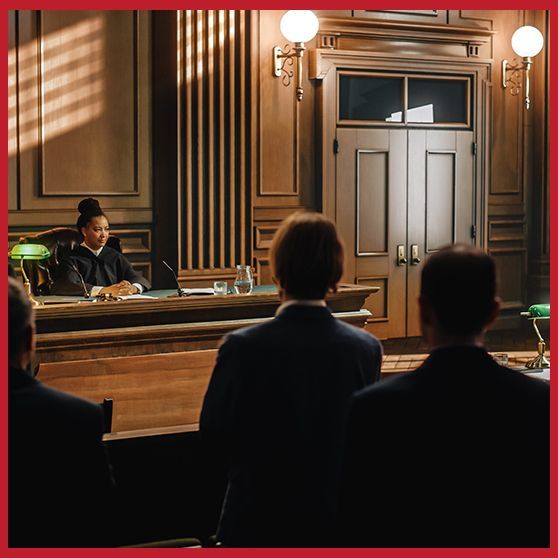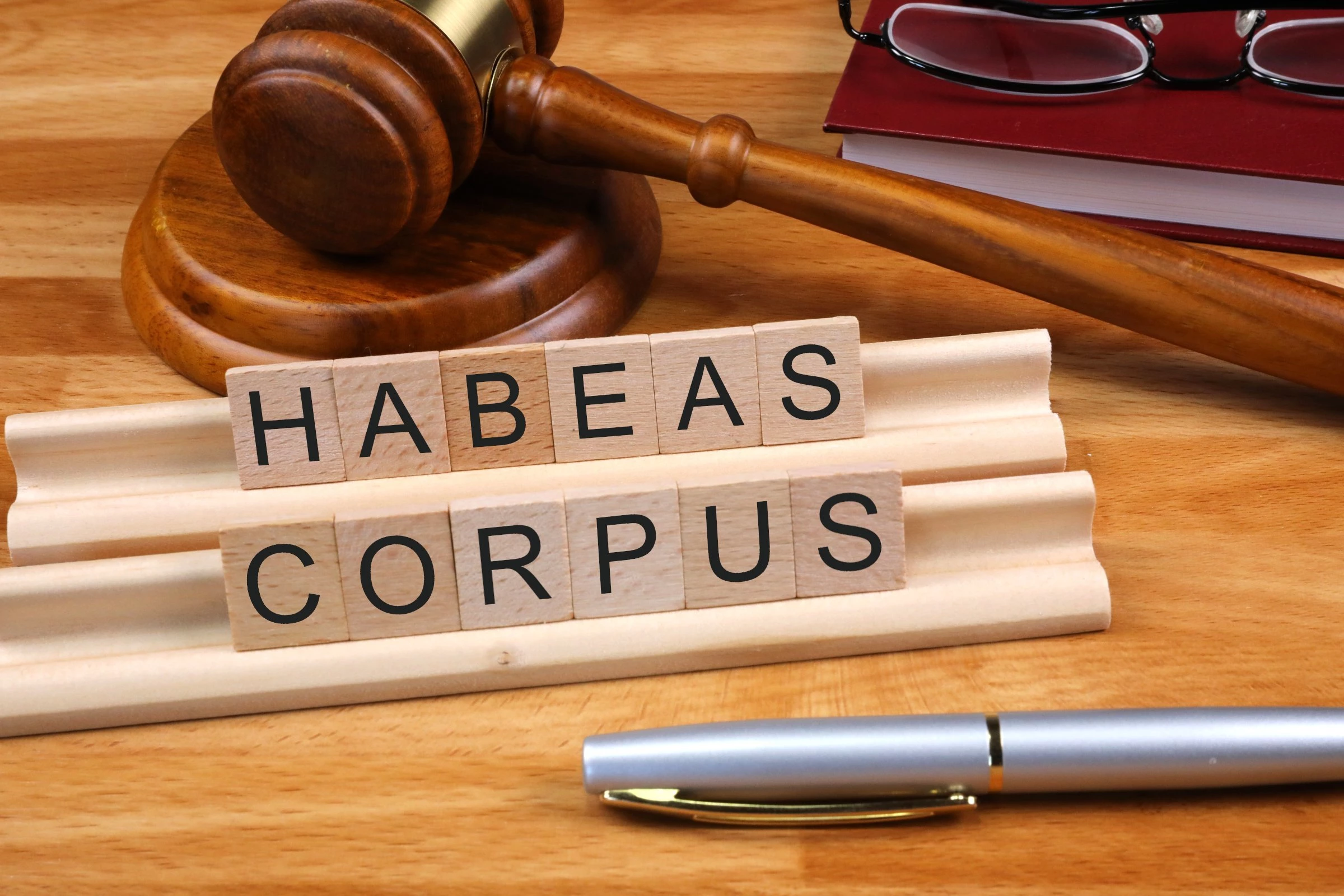Lawyer's Function in Filing a Habeas Corpus Request Explained
Recognizing the Function of a Post-Conviction Attorney in Seeking Justice After a Criminal Sentence
In the complex landscape of post-conviction legal procedures, the role of a post-conviction lawyer is pivotal in navigating the path to justice after a criminal sentence - montana federal habeas corpus. As the pursuit of justice prolongs beyond the confines of first process, the function of a post-conviction legal representative arises as a sign of hope for those seeking to correct injustices and redeem their civil liberties within the lawful system.
Post-Conviction Attorney's Investigative Job
Post-conviction legal representatives involve in meticulous investigatory work to uncover brand-new evidence, step-by-step errors, or transgression that might potentially bring about reversing a sentence. This investigatory phase is critical in the post-conviction process as it intends to determine any neglected information or legal bad moves that may have influenced the result of the first trial. Post-conviction lawyers dig right into case documents, witness testimonies, and lawful documentation with a fine-tooth comb, browsing for any kind of inconsistencies or abnormalities that could be premises for appeal.
Through complete examination, post-conviction lawyers aim to shed light on prospective oppressions that might have occurred during the original trial. By inspecting every facet of the lawful proceedings, post-conviction attorneys work tirelessly to discover any type of aspects that might have affected the verdict.
Crafting Appeals and Petitions
In the pursuit of justice after a conviction, competent legal representatives meticulously craft appeals and petitions to present engaging debates for the reconsideration of lawful choices. Crafting allures and applications requires a deep understanding of the lawful system, attention to detail, and tactical thinking. Post-conviction lawyers evaluate trial documents, determine prospective mistakes or violations of civil liberties, and develop legal debates to challenge the conviction or sentence.
When crafting a charm, attorneys concentrate on highlighting lawful mistakes that might have influenced the end result of the instance. They look into situation law, statutes, and lawful precedents to support their debates. Requests, on the other hand, may entail providing new proof that was not offered during the test or showing changes in the regulation that call for an evaluation of the conviction.
In addition, post-conviction attorneys must stick to stringent procedural policies and due dates when submitting charms and petitions. They need to present their debates clearly and persuasively to encourage the court to approve relief to their customers. Via careful crafting of appeals and applications, post-conviction lawyers make every effort to protect justice for people who have actually been wrongfully convicted or unjustly punished.

Going After Post-Conviction Alleviation
Post-conviction relief encompasses an array of legal mechanisms created to challenge the legitimacy of a sentence or sentence. Post-conviction lawyers play a critical function in navigating these complicated procedures, ensuring that all lawful options are discovered to remedy injustices that may have taken place during the test or sentencing phase.
One usual form of post-conviction alleviation is filing a petition for post-conviction relief, typically based upon cases of inefficient aid of guidance, prosecutorial transgression, newly found proof, or constitutional violations. These requests call for an extensive evaluation of the trial record, lawful study, and persuasive advocacy to encourage the court to grant relief. Experienced post-conviction attorneys have the abilities and knowledge needed to recognize viable legal cases, conduct examinations, and existing compelling debates to protect relief for their customers. By faithfully pursuing post-conviction relief, these lawyers make every effort to correct miscarriages of justice and support the principles of justness and due procedure in the criminal justice system (Lawyer).
Making Use Of Forensic Proof
When testing a conviction or sentence, the tactical usage of forensic proof can be an effective tool in post-conviction legal proceedings. Forensic evidence encompasses a large range of clinical methods used to investigate criminal activities and develop facts in court. Post-conviction legal representatives can utilize forensic evidence to challenge the legitimacy of sentences by providing new clinical findings that were not available throughout the original test.

Taking Part In Sentence Modifications
Post-conviction attorneys might check out the possibility of sentence alterations as a legal avenue to address out of proportion or unjustified sentences passed on in criminal cases. Sentence adjustments include seeking adjustments to the regards to an accused's sentence after a conviction has occurred. These alterations can include minimizing the length of a sentence, altering the sort of penalty imposed, or discovering different sentencing choices.
Post-conviction lawyers can pursue sentence alterations with various lawful systems, such as filing activities for sentence decrease, appealing for compassionate release, or discussing plea bargains for minimized sentences. They should carefully assess the scenarios of the case, examine the legal premises for seeking an alteration, and present engaging disagreements to the court supporting the requirement for a revised sentence.
Participating in sentence modifications needs a comprehensive understanding of criminal regulation, sentencing standards, and the particular treatments associated with looking for post-conviction relief. Post-conviction attorneys play an essential duty in advocating for fair and just outcomes by challenging sentences that are unduly severe or do not align with the principles of justice.
Final Thought
In conclusion, the function of a post-conviction lawyer is vital in seeking justice after a criminal conviction. With investigatory work, crafting charms and applications, pursuing post-conviction relief, making use of forensic proof, and participating in sentence adjustments, these attorneys play an important function in supporting for their clients and guaranteeing that their civil liberties are upheld within the criminal justice system. Their dedication and experience are important in navigating the intricacies of post-conviction process and attaining a fair outcome for individuals dealing with criminal convictions.